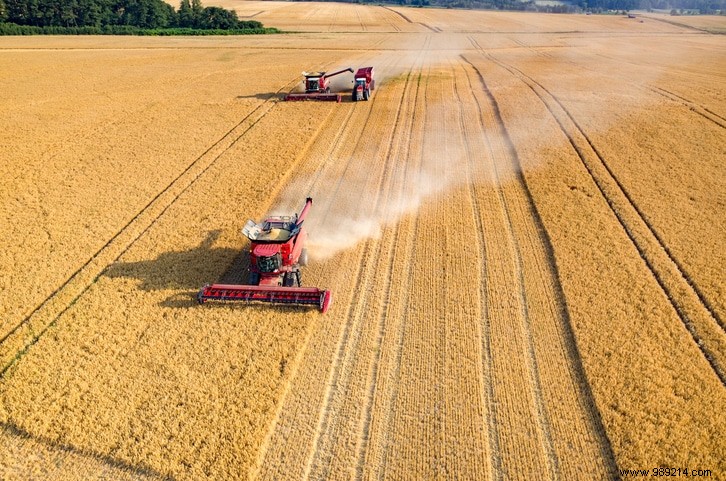Researchers believe that if humanity does not change its way of life, the current health crisis will not be the last. If nothing changes soon, pandemics should even multiply! Are there solutions to reverse the trend?
Does the current Covid-19 crisis signal a new era where pandemics will rule? Possible, according to a new report published on October 29, 2020 by the Intergovernmental Science-Policy Platform on Biodiversity and Ecosystem Services (IPBES). For the development of their report, the researchers reviewed no less than 700 scientific studies . According to the results, there are 1.7 million unknown viruses currently present in mammals and birds. Of these viruses, between 631,000 and 827,000 may have the ability to infect humans.
The authors recall that the current crisis concerns the sixth pandemic since the Spanish flu of 1918. Moreover, its emergence is entirely due to human activities despite its animal origin. Thus, the problem is none other than our lifestyles. The researchers explain that humanity should revise its copy , at the risk of seeing other pandemics appear. These will be more frequent, spread faster and kill more people than the current coronavirus.
Among the causes, we find the expansion and intensification of agriculture. There is also unsustainable trade, production and consumption, disrupting Nature. The main risk relates to increased contact between wildlife, livestock, pathogens and humans. IPBES experts also recall that pandemics are dealt with urgently by different governments. To the extent that these crises are global and kill, it becomes imperative to prevent them.
Attempting to fix a pandemic after it has arrived – including conducting research on vaccines – would be a slow and uncertain road causing human suffering and costing enormous amounts of money. According to researchers, the cost of the Covid-19 pandemic in the world would be between 8,000 and 16,000 billion dollars through July 2020. That cost could be $16 trillion in the United States alone by the fourth quarter of 2021.

Preventing pandemics would therefore be much more economical than treating them urgently. For the authors of the report, the cost of preventing and reducing the risk of pandemics would be a hundred times lower than the cost of responding to such crises. Among the solutions mentioned, let us mention the establishment of an intergovernmental council on pandemic prevention. It would also reduce agricultural expansion around the world, as well as international trade. This would inevitably involve the creation of laws and taxes.
The ultimate goal is to reduce human activities leading to the loss of biodiversity. This would prevent the increased risk of contact between humans, livestock and wild animals. By avoiding this, the risks of a pandemic could then be reduced considerably.